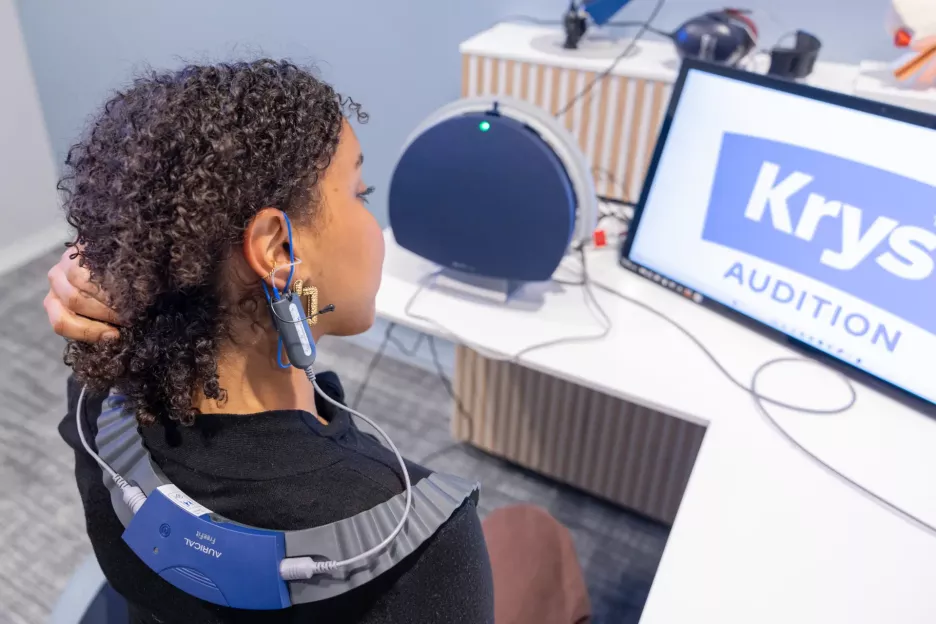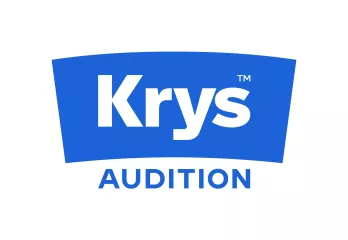Newborn Hearing Screening
A systematic screening program is in place and the results are regularly reported. All children are screened with Automated ABR in the Flemish region and with Automated OAE in the French region (Bruxelles and Wallonia) before the babies are 4 weeks old, and when there is a refer (non-pass), this test is repeated and a follow up by a specialized ENT department within 15 days is required when there is a double non-pass.
In 2021, 94.7% of newborns were screened in Wallonia by the public system and 4.4% were screened in the private sector. In total, 99.1% of all newborns (N = 47,956) were screened. In 2022, 94.2% were screened in the Flemish region in the public sector and 3.9% were screened in the private sector. Thus, in total, 98.1% of all newborns (N = 63,686) were screened. In Brussels, in 2022, 63% were screened in the public sector and 22.2% were screened in the private sector. Thus, in total, 85.3% of newborns were screened.
Presbycusis
There is no specific presbycusis screening program. However, we have launched a campaign with our National Health Institute to raise awareness among first line healthcare professionals about the importance of hearing loss.
Patient and healthcare professional pathways
Audiometric tests in function of hearing aid fitting can be carried out by the audiologist (hearing prosthetist), but the diagnosis must always be established by an ENT specialist. The choice and adaptation of hearing aids is the sole responsibility of the audiologist, in collaboration with the end user. In Belgium, a prescription from an ENT specialist is required to carry out a hearing aid trial, even without reimbursement. The prescription can be based on the hearing care professional's report. Before the final delivery and its coverage, the request must be approved by the health insurance, on the basis of the report from the hearing care professional, the medical prescription from the ENT and the COSI questionnaire signed by the user. Certain criteria must be respected: an improvement of 5 dB SRT or 5% in speech understanding in silence or 2 dB SNR in noise, and, for bilateral fitting, an improvement in localization of 10° or 10 % compared to unilateral. The patient can benefit from follow-up for a period of 5 years in general. In the event of failure to follow up, upon complaint from the patient, the hearing care professional may have to reimburse or be prohibited from practicing his profession, but to my knowledge, this has never occurred.

Reimbursement
In Belgium, hearing aids are covered by our national health insurance according withe a flat fee, based on a basic hearing aid for three different age groups. The out of pocket is €53.92 per ear for adults, with no minimum remaining charge for children. However, an upgrade option is possible, provided that the user is informed of the availability of the basic devices. Cochlear implants are fully covered by national health insurance (bilateral for children, unilateral for adults). In 2023, 329 cochlear implants were reimbursed.
Quality of care
There is a lack of hearing care professionals and ENT specialists in Belgium. For the moment, this is not dramatic, but its problematic in some regions. In 2005, there were 563 ENT specialists (according to the last official KCE report in 2008) and 42% were over 50 years old. The report warns the government that the increase in numbers is well below the contingent of specialists who will retire in the years to come. The estimated number of audiologists (audiology professionals) in 2023 was 2,050. As audiology is little known, actions are being put in place to promote the profession. We have enough universities and colleges in the Flemish part of Belgium, but we need more in the French region.
Teleaudiology
Regarding ENT prescription and diagnosis, teleaudiology is not authorized. We are currently working on a new Royal Decree for Audiology, which will incorporate standard EN/ISO 21388-2:2024 (Acoustics — Management of hearing aid fitting - Part 2: Teleservices). This standard will specify the audiological acts that may or may not be performed remotely. However, diagnostic audiometry, is not authorized by teleaudiology.



